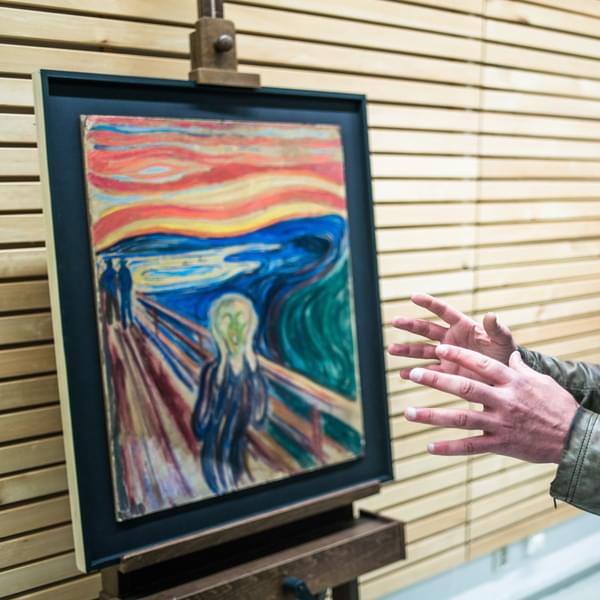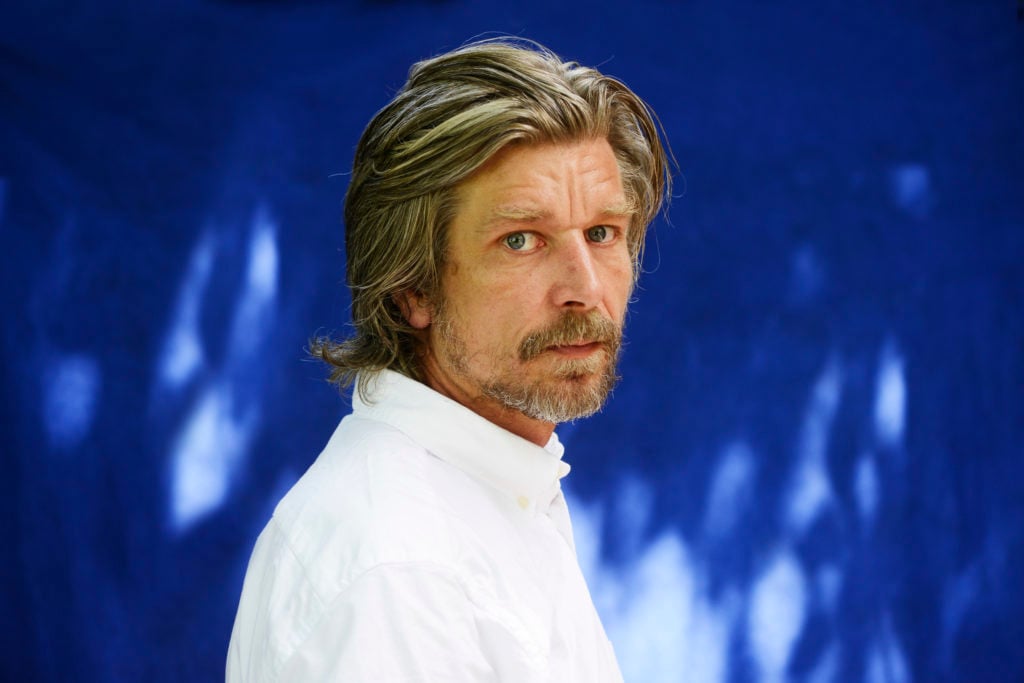


Even a novel that deals with simplicity and regression is complex and expansive, and this is so by virtue of it being a novel - otherwise it’s something else.” A novel is the opposite: it seeks complexity, it seeks diversity of meaning, it seeks truth in places apart from where truth is sloganized or kept in a frame where it’s held and unable to move, rigid and immutable. “We live in a culture that cultivates youth, cultivates simplicity, cultivates the puerile. Sometimes felt a little rote, especially toward the end of essays, like he defaults to the same topics and themes (inner/outer, creating art that’s free), trying to tie things up, undermining in a way his emphasis on writing in the direction of the unknown.

Best when writing about writing, editing, writers, and daily life, more so than when describing photographs and paintings.Įxcellent when considering his work’s relation to politics, especially in Beirut but also, again, the title essay.

It’s sequenced well, opening with essays on photographers and artists before moving on to Houllebecq‘s Submission, Hamsun, an essay at one point on one page comparing War and Peace, Ulysses, and 2666, an excellent short piece on Madame Bovary, the title essay about being called a Nazi rapist pedophile by a Swedish feminist professor easily the most charged with emotion, all with familiar glimpses into domestic life in southeastern Sweden and growing up in Norway.Īs in The Seasons Quartet, thematic emphasis is on inner and outer, horizontal and the vertical, but also a new register or dynamic in this: the inside of the internal, the world inside the world - escape from reality deeper into reality to its core. It revisits the focus on Kiefer, Hamsun, and Stephen Gill from the Munch book (see below), and reminded me of My Struggle Book Four (teaching up north), as well as Book Five (becoming a writer and friends with young influential writer guys named Tore and/or Geir), and for the most part is a welcome extension throughout of familiar dimensions. This one deserves consideration as your first stop. In the Land of the Cyclops: Essays ( Archipelago, 2021) You’ll get to them all in time, sure, but for now, for whosoever deems themselves daunted by an ever-growing stack of “Lesser Knausgaard,” to ease your selection of the one to read next, I hereby compile and present below, in descending order of recommendation, superficial yet potentially helpful impressions. You’ve read the major works of Karl Ove Knausgaard (the complete six-volume My Struggle series and A Time For Everything, maybe even The Seasons Quartet and The Morning Star) yet still want more? For a writer who ended My Struggle declaring he was no longer a writer, our ornery Nordic friend has clearly been getting some writing done, publishing four additional titles between 20.


 0 kommentar(er)
0 kommentar(er)
